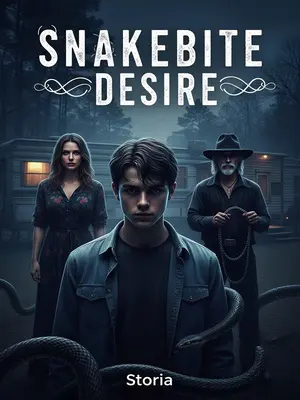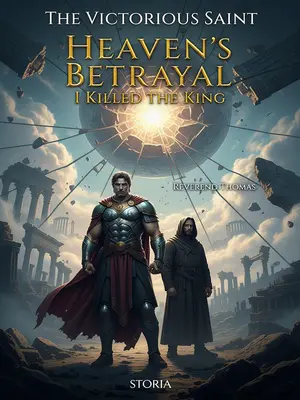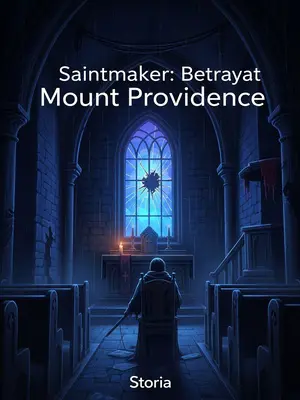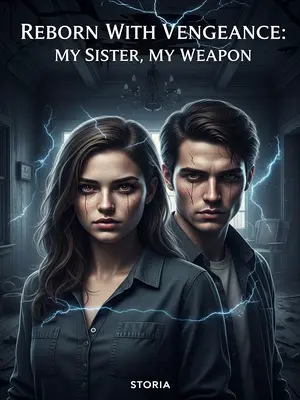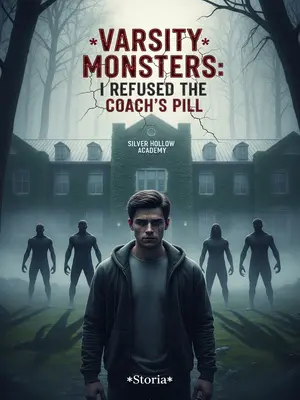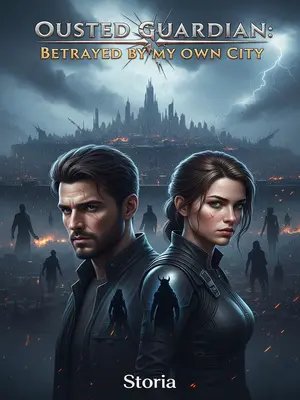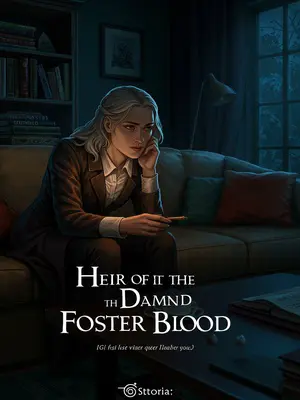Chapter 2: Erasure and Survival
So I stayed. After that, we took turns living her life.
When she felt safe and happy, she was in control.
When she was in danger or disgusted, I took over.
I’m nothing like Lillian.
When her backstabbing stepmother made snide remarks, I’d snap back, sharp and merciless.
When her disgusting stepbrother tried to peek at her in the bath, I’d stab a sewing needle into the doorframe behind him and say, “Try it again and this needle goes in your eye.”
When someone bullied Lillian at school, I’d grab the ringleader’s head, dunk her in the restroom sink, and only let go just before she choked. “Try it again and you’ll see what happens. Got it?”
Every time, Lillian would say to me inside, “Quinn, I’m so glad to have you. Let’s always be together, okay?”
I’d read that people with multiple personalities fight for control, always trying to push each other out.
But Lillian and I weren’t like that. We depended on each other, closer than anyone else could ever be.
Back then, I’d look in the mirror at our shared face and promise her, “Alright, we’ll always be together.”
The face in the mirror smiled—Lillian’s smile.
Like a pure white lily, trembling gently on its stem—gentle, shy, clean, pure.
And right then, I thought: I’ll always protect her smile.
That’s why I exist—my only mission.
She had only me.
But soon, people noticed something was off.
No matter how careful you are, two opposite personalities always leave a trace.
Lillian’s stepmother told her father she’d caught Lillian talking to herself in the mirror.
Her stepbrother told her father she’d threatened him with a sewing needle.
Teachers at school reported that classmates said Lillian sometimes seemed like a different person—sometimes gentle and quiet, sometimes ice-cold.
This was a huge embarrassment for Lillian’s father, who cared deeply about appearances. He slapped her hard. “How did I end up with a daughter like you?”
Before we were taken to a private psychiatric hospital, Lillian’s stepmother leaned against the door, smiling smugly. “Oh, I picked this hospital carefully, Lillian. Don’t be afraid. When you’re cured, you can come home.”
The private hospital’s idea of treatment was old-school electroshock therapy.
I was trapped inside Lillian, unable to come out, forced to watch as they electrocuted her.
We tried to act normal, pretended I was gone, but they always caught on.




